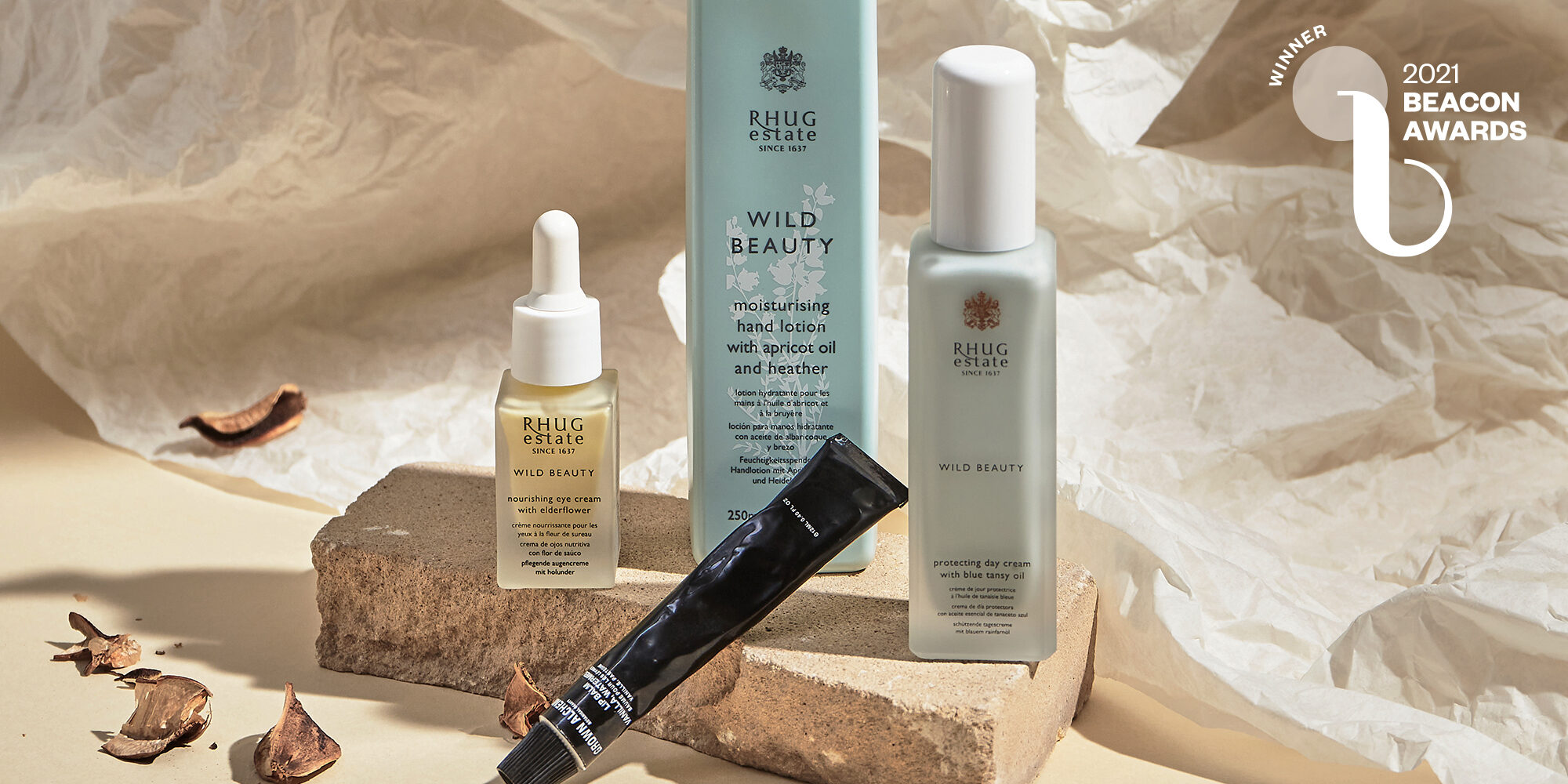
Secret Skin’s Anisha Oberoi On Growing A Clean Beauty E-Tailer In The Middle East
When Anisha Oberoi launched Secret Skin, a clean-beauty e-tailer based in Dubai, she told Beauty Independent, “We have to fail fast and scale fast to see what kind of e-commerce will work in this region. I know this is the way to go.”
A year later, she stands by her approach. Following the e-tailer’s first anniversary this month—and Secret Skin’s Beacon Awards win for best Online International Retailer in September—Oberoi says, “I still feel very bullish about being in e-commerce. We still don’t have plans of being brick-and-mortar. We’ve seen a lot of growth here because the digital penetration in this region is more than any other part of the world, and it’s only projected to get better.”
Research And Markets estimates the global beauty and personal care industry will advance at a compound annual growth rate of almost 5% to reach nearly $600 billion in sales by 2026, and Oberoi pegs clean beauty’s share of the global sales at 8%. “In [the Middle East] alone, the clean beauty market is supposed to be in line with the global forecast, translating to about $2.6 billion,” she says. “We project that about 40% of that is going to be online. So, we’re very hopeful that this is going to grow.”
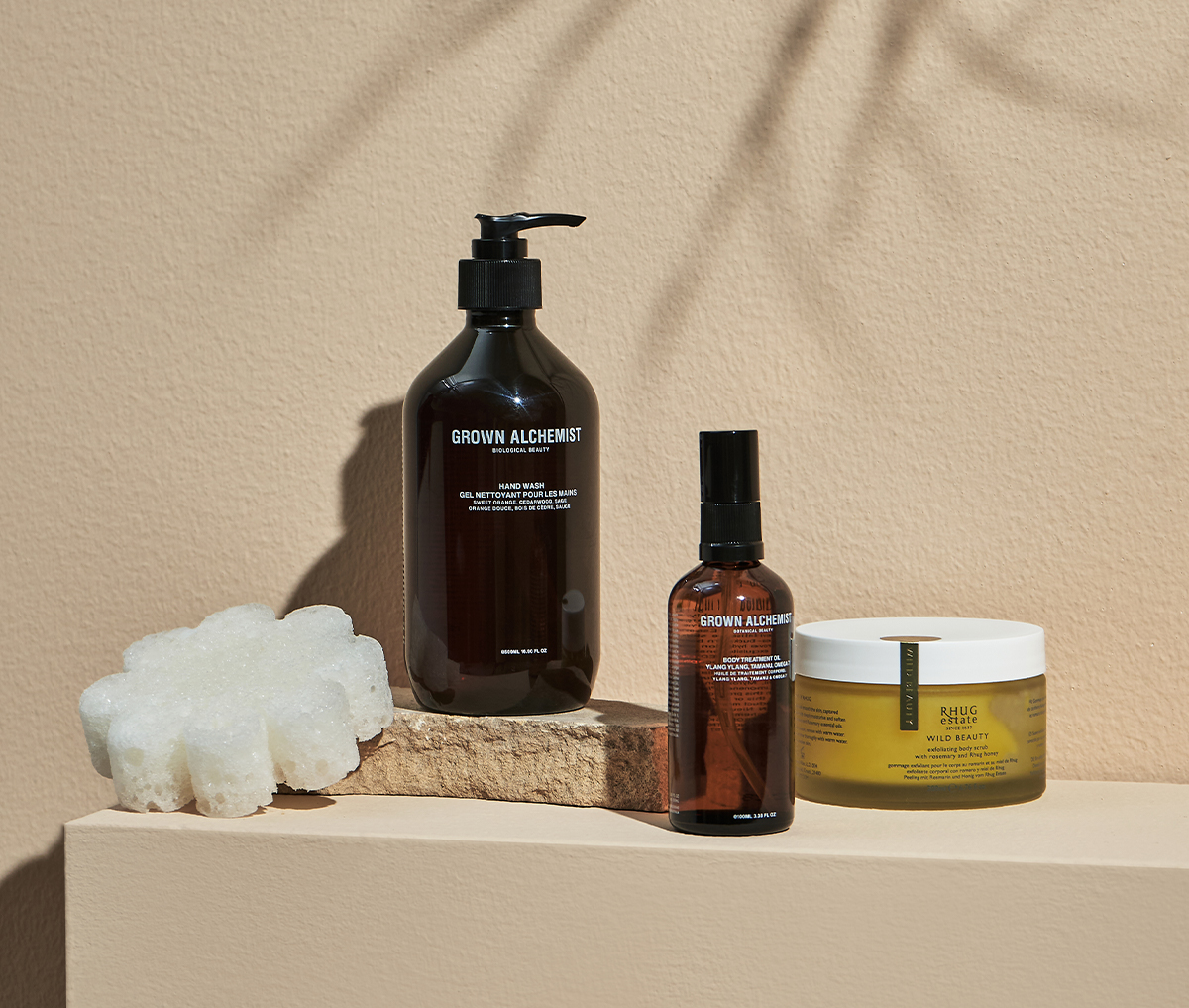
Interest in clean beauty has increased in the Middle East, and Secret Skin, which stocks everything from Grown Alchemist’s creams and cleansers to Hermetica’s perfumes, is one of the few e-tailers responding to that interest. “After COVID, there’s an emphasis on safer living,” says Oberoi. “People are searching for clean beauty products. The word ‘Sephora‘ still remains a very highly searched keyword with huge search volumes in the region, and there are small fragmented players that bring in a few brands from different parts of the world because everyone wants to ride on the wave of clean.”
She adds, “No one is becoming a center of excellence, except Secret Skin. We work with the brands right from the beginning, from the sourcing to the on-boarding to the customs, the freight, the registration, the legal compliance, the go-to-market strategy, the influencer seeding, the PR, the digital marketing activities. Then, we contribute towards the brand penetration and the customer acquisition, which we can’t do without the brand’s help. That’s how we’re different.”
At Secret Skin’s launch last year, it carried seven brands and it currently carries 22. This year, it’s set to lift that number to 40. Some 45% of the brands carried are exclusive to Secret Skin and new to the region. “A very big part of my job has been to educate our brand partners about what it takes to build brand resonance in this region,” says Oberoi. “It’s not just a matter of selling your product to a retailer and, then, dusting your hands off it, thinking that the brand is going to grow and there’s going to be a demand that’s going to be created. Especially in this region, you have to work very closely with the media, very closely with the influencers, looking at 360-degree, customer-facing communication in order to access all the touch points.”
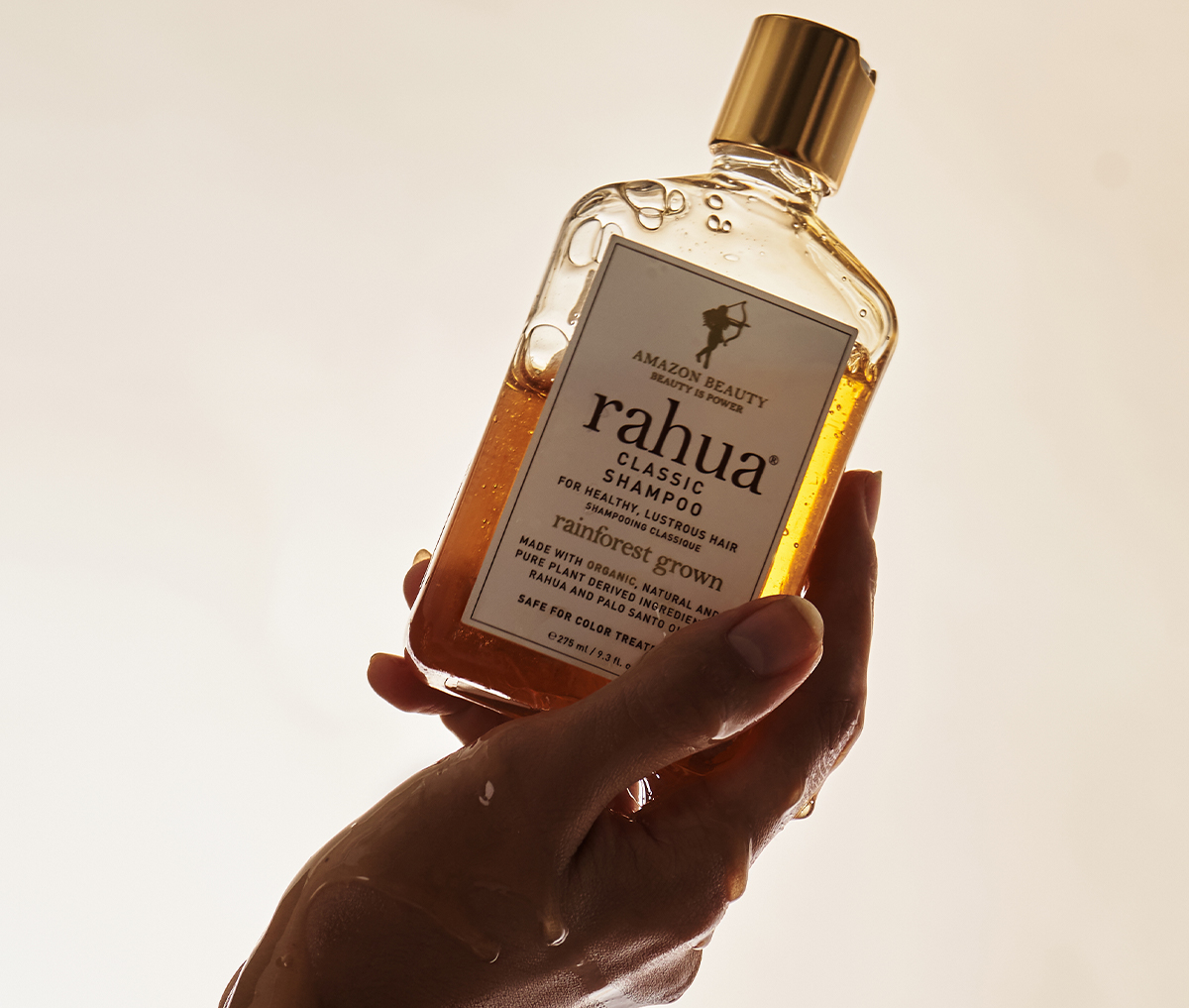
The e-tailer is busy acquiring customers. “It’s a lot more expensive to bring men to the website,” says Oberoi. “When you invest in the new user funnel, your customer acquisition cost is really high, but a way to mitigate that risk is to find audiences that you can bring on board without spending too much. Now, we’ve partnered with about four mission-aligned partners in the area of women’s health and wellness, so that we can attract the relevant audiences and build the user base while still keeping our customer acquisition costs low.”
A former Amazon content marketing head, Oberoi is confident in the data-driven element of customer acquisition. She’s also the public face of Secret Skin and openly shares her story. Oberoi is a breast cancer survivor. The disease and its effect on her body led her to seek beauty products without potential carcinogens and hormone disruptors. Oberoi says, “Because the business is built on human connection [and] the brand identifies with me and my story and the kind of momentum that we’re trying to build for women’s health in this region, we have to do a lot of on-ground activations with our mission-aligned partners in order to find those cohorts of women that are like-minded, women who who want to consume mindfully.”
Skincare accounts for roughly 35% of Secret Skin’s sales. Haircare is the second-largest category, followed by bath and body. “There was a huge focus pre-COVID on makeup,” says Oberoi. “Now, all of that is changing. We find that the consumer is asking for a lot more haircare. So, for Q4 and Q1, our focus really is to bring on more and more scalp care and haircare brands.” Secret Skin will also enlarge its assortment with an American makeup line soon.
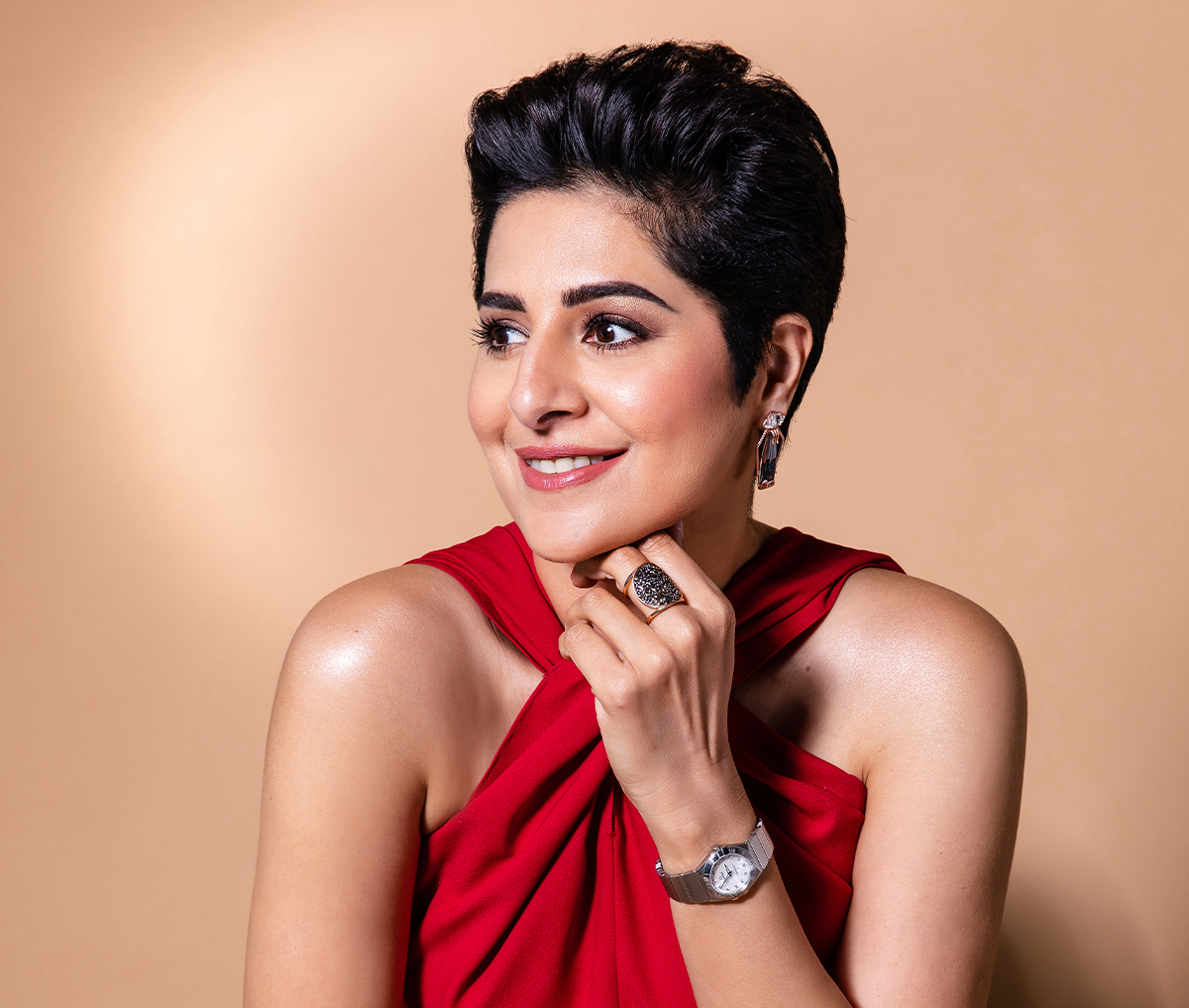
During Secret Skin’s initial year open to customers, Oberoi has learned quite a bit about cosmetic regulation. “My mentor has taught me to call it a speeding fine,” she says. “When you’re young as an entrepreneur, there are things that you don’t know that you don’t know, and my biggest speeding fine so far has been investing in buying inventory when the registration process was going on instead of waiting for it to be completed.”
She elaborates, “In the early COVID months, if something was not marked as an essential, you couldn’t put it on flights. So, freight was the challenge. We lost a lot of time waiting for the registration to finish. We couldn’t take the brand to market, although we had already invested in the inventory. Thankfully, we still got it out and put it on online with an acceptable shelf life, but it is still something that gave me nightmares because we invested a lot. It was one of my first brands, and the registration had not gone through.”
Early on, Oberoi had hoped raise a considerable series A round between 12 and 16 months out, and envisioned Secret Skin becoming profitable in its second or third year. Today, she says, “We are on track with our fundraising…We brought very like-minded investors on board. I’ve completed 70% of my raise. So, if anybody’s listening, we still have space for one more.”
Already, Secret Skin is expanding its geographic reach. Oberoi details, “We rolled out in Oman and Kuwait earlier this year, and we’re planning to launch into Saudi [Arabia] by Q1 of next year. That’s our target market. It will be a proper expansion, we won’t just be doing cross-border.”
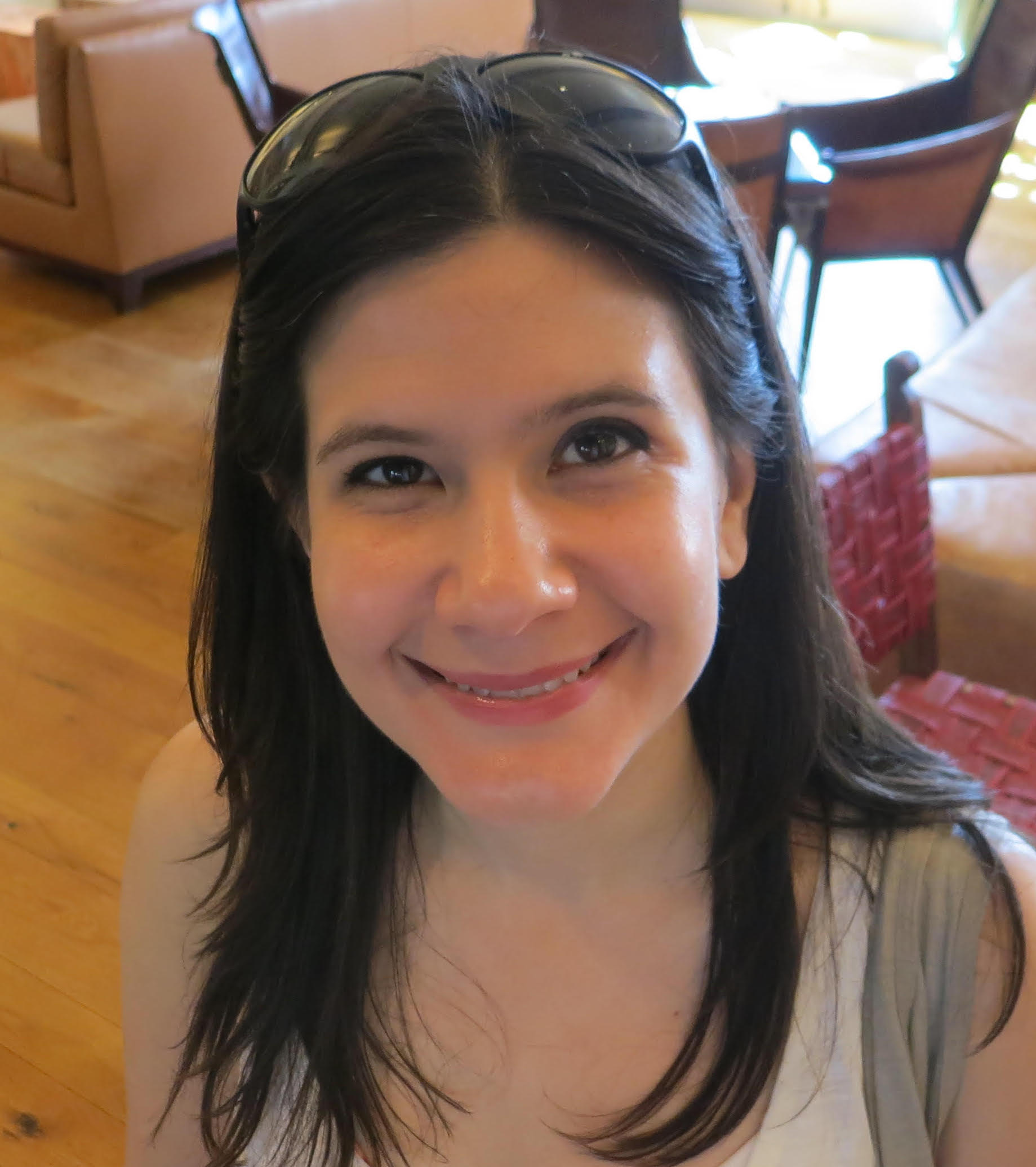
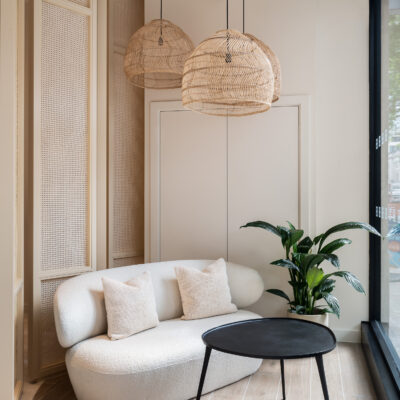
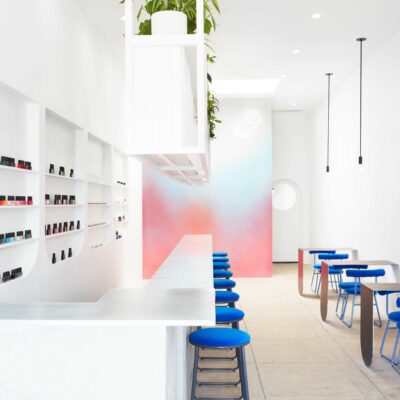
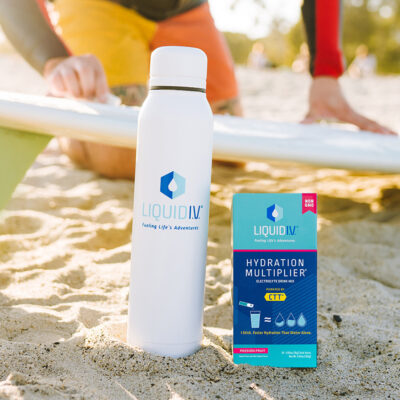

Leave a Reply
You must be logged in to post a comment.